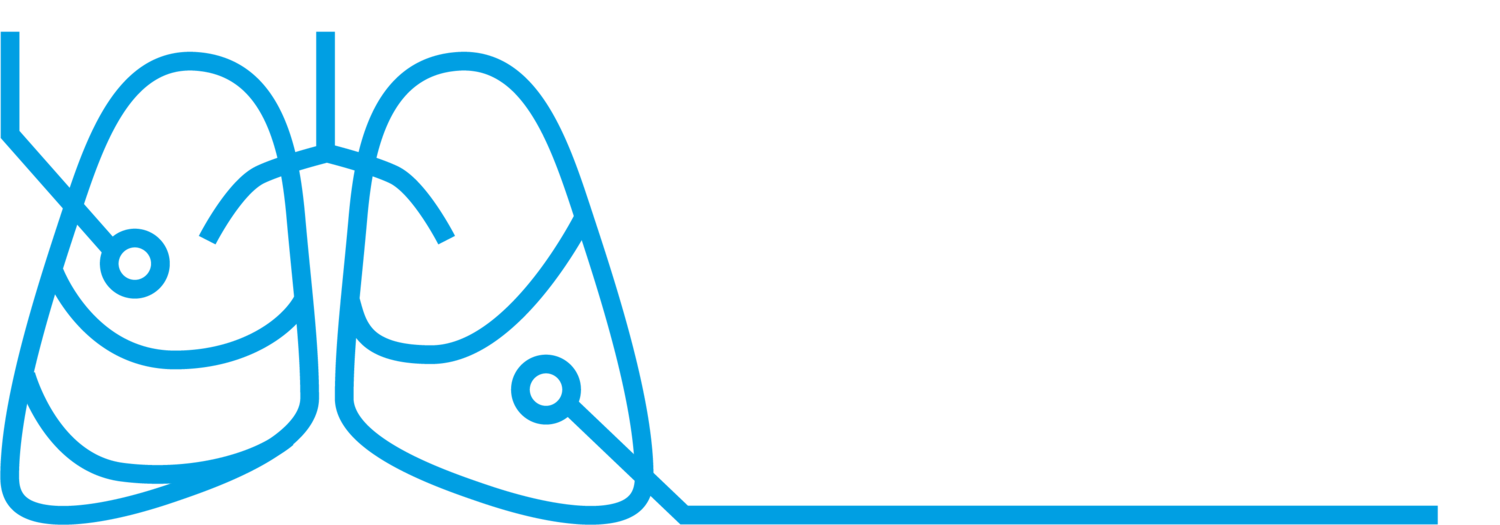Our NED Clinical Research is recognised in King’s Birthday Honours
We are delighted to see our NED Clinical Research Professor Sir Peter J. Barnes FRS, FMedSci Knight Bachelor recognised in the King's Birthday Honours as "the most eminent respiratory physician and scientist in the UK, whose work has transformed the understanding and treatment of asthma and chronic obstructive lung disease (COPD)".
Respiratory diseases are the 3rd most common cause of death in the UK. Including lung cancer, they directly cost the NHS £11.3 Bn per year. Asthma alone kills 3 people per day in the UK and 10 in the USA- deaths that can all be prevented with the correct diagnosis and management.
Peter pioneered #breath testing for lung diseases in the early '90s when he showed how elevated nitric oxide in breath was a sure sign of lung inflammation. Today, the NHS has adopted fractional exhaled nitric oxide (FeNO) breath testing for the diagnosis of so-called type 2 high asthma - an endotype of the disease affecting half of all asthmatics.
For the remaining half of all asthmatics there is no clear diagnostic pathway, other than a multi-month diagnostic journey involving more than a dozen visits to healthcare professionals, multiple tests, and trial-and-error treatments.
Peter first came across PulmoBioMed's work in the summer of 2022, some 15 years after our founder and CSO watched Peter's post-doc Sergey Kharitonov present the concept of exhaled breath condensate (EBC) testing. Peter was impressed with the sampling consistency and reproducibility of PBM-HALE. But what convinced him, was our early microbiota data.
In Peter's own words PBM-HALE's noninvasive deep lung samples from healthy individuals "lack any Haemophilus (influenzae), which we suspect triggers asthma. We nearly always detect Haemophilus in healthy sputum, which is contaminated by the mouth. I think you've actually cracked it!".
This was something even our CSO had missed. Peter was so excited by our results he offered to help us in our journey to make PBM-HALE a product fit for healthcare by becoming our NED Clinical Research. Immediately he asked us to measure cytokine changes in PBM-HALE samples on account of disease. Earlier this year we delivered these data with the help of NHLI alumnus Mauro Teixeira, matching results from an entirely independent study.
As PulmoBioMed seeks to close it's first investment round and enter mass production, we thank Peter for being such an inspiring figure to our team, and His Majesty the King Charles III for recognising his amazing contribution to the field of respiratory science.
In our next post, we will explain why and how PBM-HALE has solved such fundamental problems in EBC sampling, and how it can be used to reliably understand lung health.
PBM-HALE: Your Breath, Your Health

